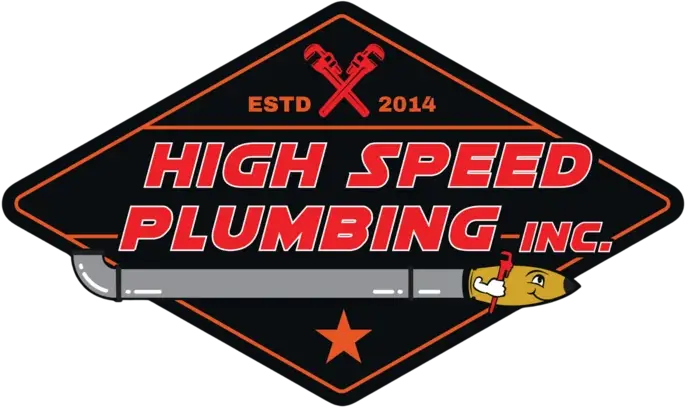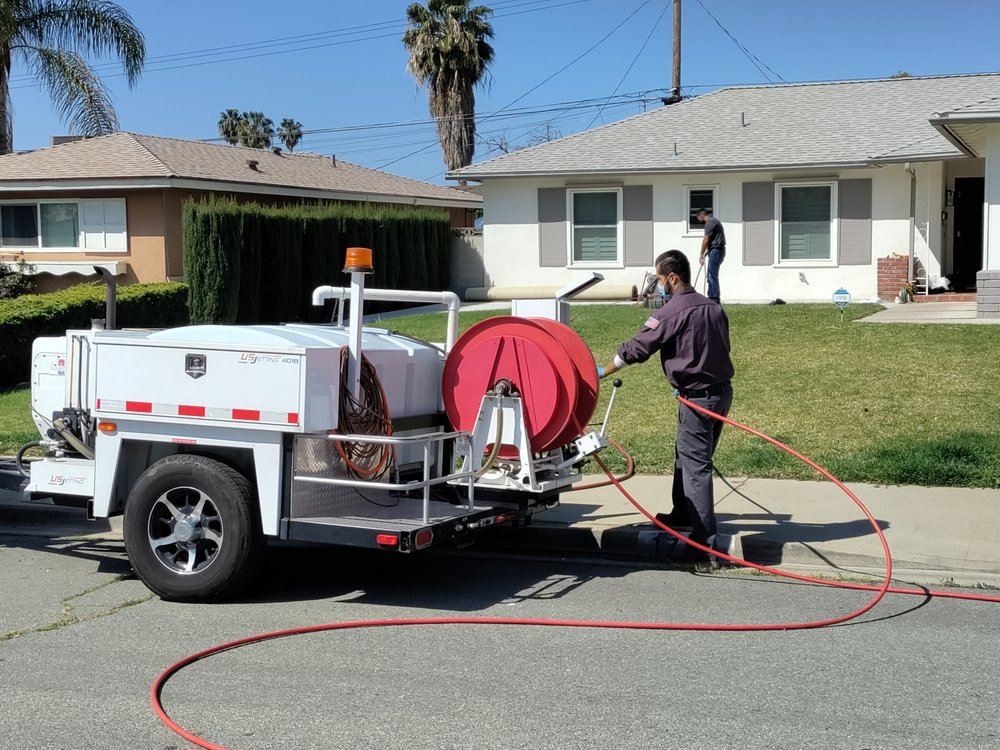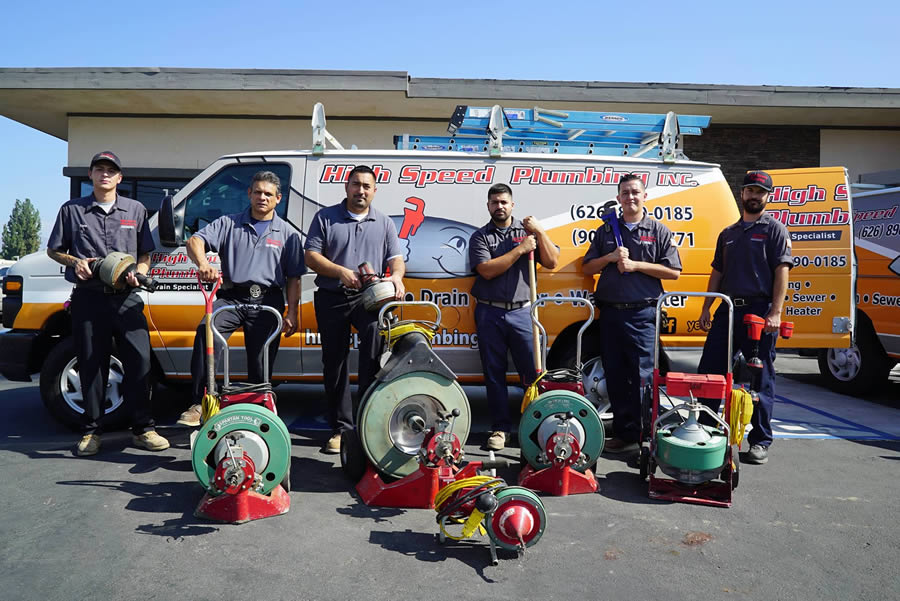Pipes should be replaced if they’re made of outdated materials like lead or galvanized steel or if they show signs of corrosion, leaks, or frequent blockages. Replacing old pipes can improve water quality and prevent major plumbing failures.
Call This Wednesday to Get $50 Off
Do You Need a Local Plumber in Phoenix
Call This Wednesday to Get $50 OFF


